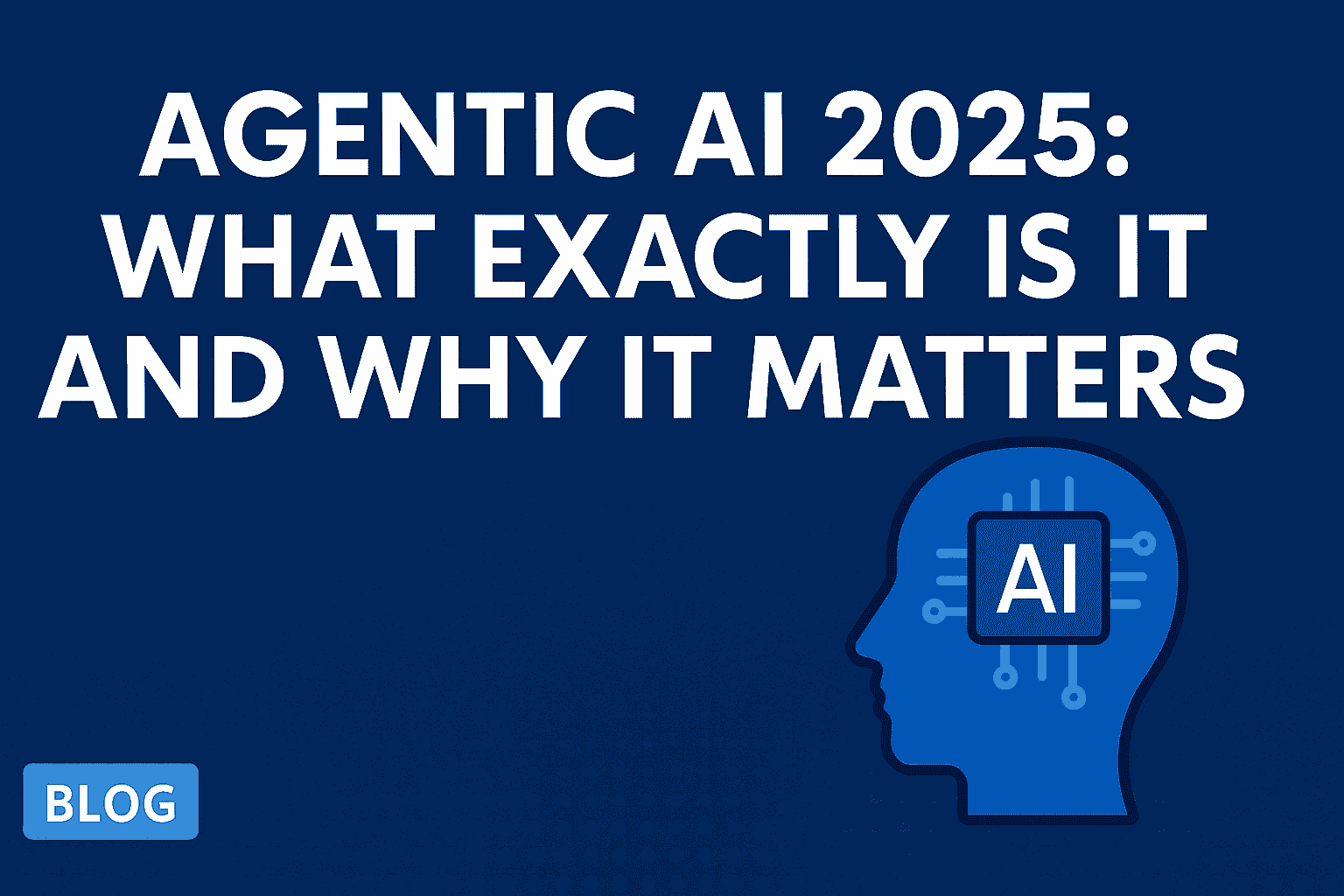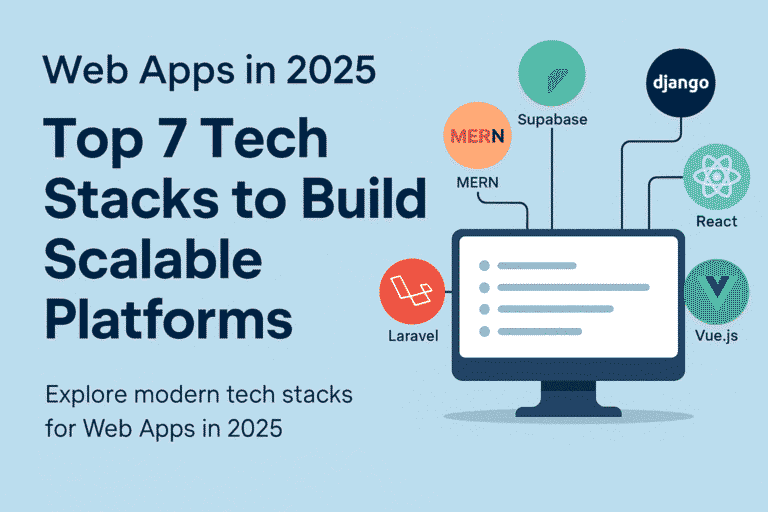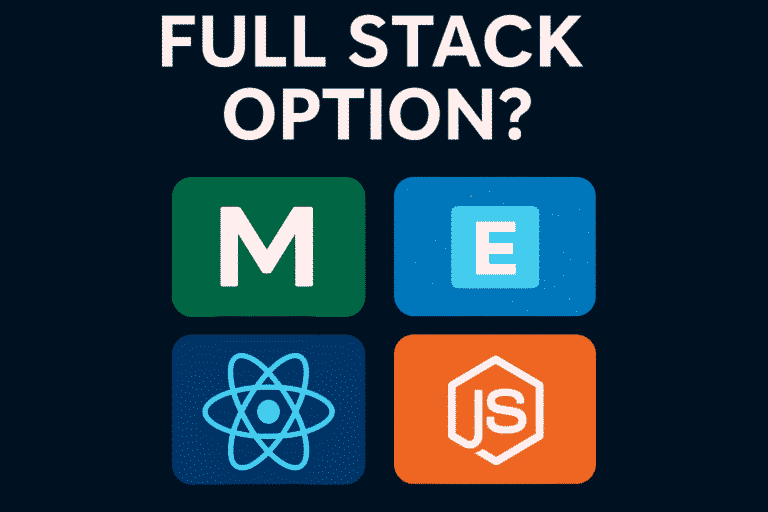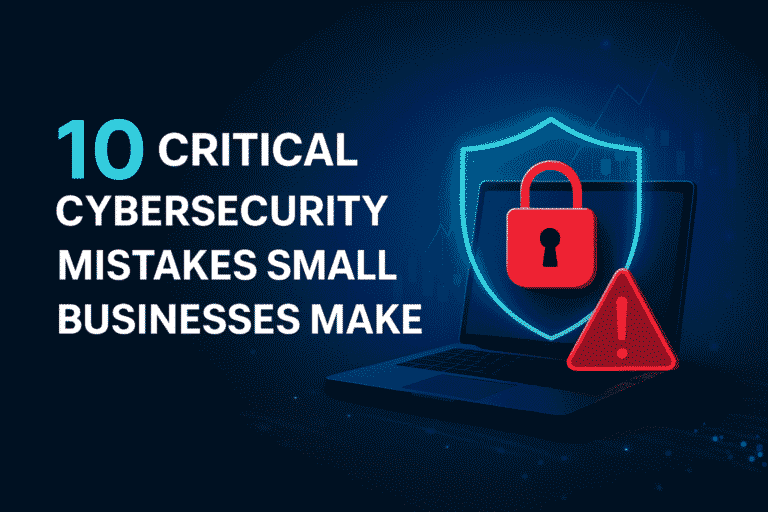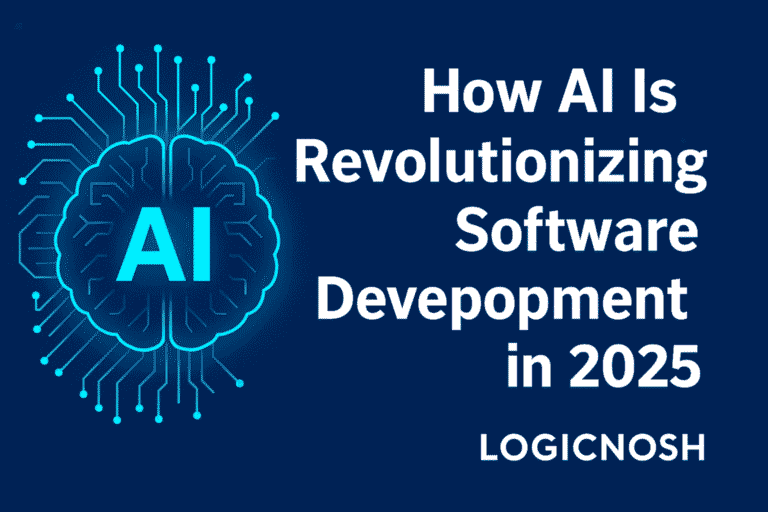Agentic AI 2025: What Exactly Is It and Why It Matters
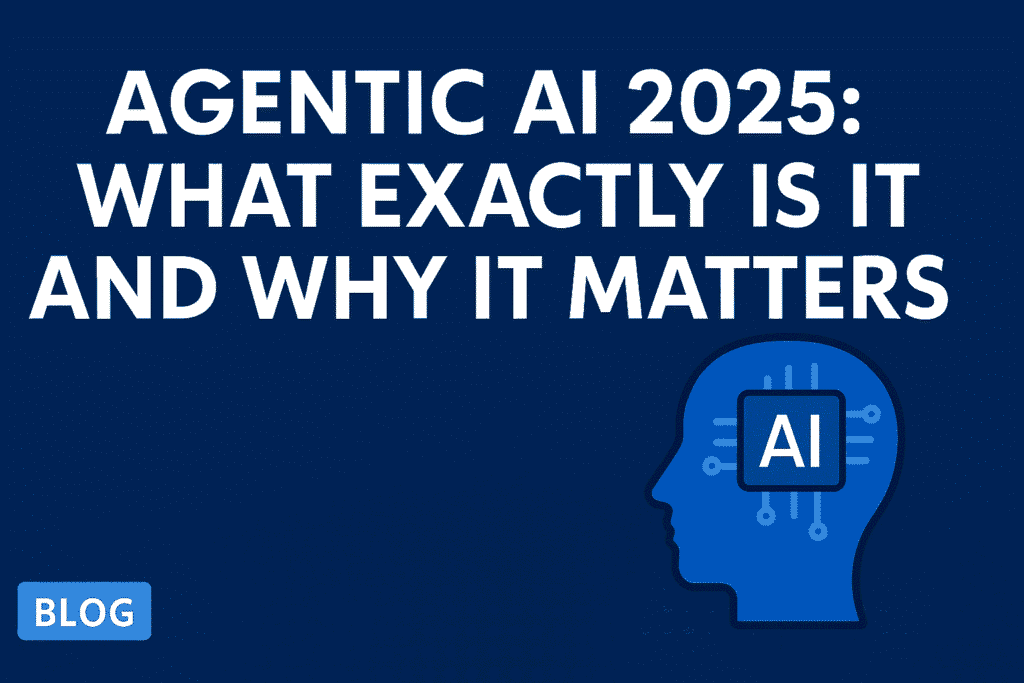
Introduction
Agentic AI 2025 is the latest breakthrough in artificial intelligence, transforming how systems think, act, and adapt. Unlike traditional automation, Agentic AI represents a new class of AI designed to operate autonomously, make decisions, and interact with digital environments as intelligent agents..
But what exactly is Agentic? In this blog, we’ll break down the concept, explain how it works, explore its uses across industries, highlight its benefits and risks, and look ahead at the future of autonomous intelligence.
What Exactly Is Agentic AI?
Agentic refers to artificial intelligence systems that act as autonomous agents. Unlike traditional AI, which performs narrow, predefined tasks (e.g., recommending a movie), Agentic AI can:
- Perceive its environment (via data, APIs, or sensors).
- Decide how to act using reasoning models.
- Execute actions without direct human input.
- Adapt by learning from results and feedback.
👉 In simple terms: Agentic doesn’t just respond—it takes initiative.
Examples include:
- An AI agent that monitors cloud servers and fixes errors automatically.
- A digital assistant that manages meetings, books travel, and negotiates schedules across platforms.
- An e-commerce AI agent that tracks inventory, predicts demand, and restocks automatically.
How Does Agentic AI Work?
Agentic AI relies on a blend of advanced technologies:
- Large Language Models (LLMs): Understand and process human-like instructions. (IBM on LLMs)
- Reinforcement Learning: Learns by trial and error to optimize outcomes.
- Multi-Agent Systems: Works in teams, with specialized AI agents handling unique tasks. (Wikipedia on Multi-Agent Systems)
- APIs & Integrations: Connects seamlessly with apps, databases, and devices.
- Autonomous Reasoning: Uses planning and problem-solving to achieve goals.
Think of Agentic as a digital employee it can read, decide, act, and improve over time.
Uses of Agentic AI in 2025
Businesses across industries are adopting Agentic to handle critical workflows:
1. IT & DevOps
- Automated debugging and monitoring.
- Self-healing infrastructure to prevent downtime.
- Intelligent deployment pipelines.
💡 Internal Link: Explore our IT Consulting Services to see how AI can optimize infrastructure.
2. Healthcare
- AI agents monitor patient vitals in real-time.
- Coordinate hospital resource allocation.
- Analyze massive clinical trial datasets.
👉 According to McKinsey, AI-driven healthcare systems could save $300 billion annually in operational efficiency.
3. Finance
- Fraud detection with real-time AI agents.
- Automated compliance monitoring.
- Portfolio optimization without human intervention.
4. E-commerce & Retail
- Forecasting demand and restocking.
- AI-driven shopping assistants.
- Dynamic pricing adjustments.
💡 Internal Link: Read our Case Studies on how we integrate AI into retail platforms.
5. Customer Support
- Multi-channel AI workflows across chat, email, and voice.
- Escalation to humans only when necessary.
- 24/7 global coverage.
Benefits of Agentic AI
The rise of Agentic offers transformative advantages:
- Autonomy & Efficiency – Reduces reliance on constant human oversight.
- Scalability – Multiple agents can handle thousands of workflows simultaneously.
- Cost Savings – Automates repetitive tasks, lowering operational costs.
- Faster Decisions – Reacts instantly, without human bottlenecks.
- 24/7 Availability – Ideal for global operations.
- Collaboration – Agents can form “teams” to achieve larger goals.
👉 Gartner’s 2025 Trends Report highlights Agentic as a top technology driver.
Challenges & Risks of Agentic AI
Despite its promise, Agentic carries risks:
- Errors & Misjudgments: Poor data leads to bad decisions.
- Accountability: Who’s responsible when AI acts incorrectly?
- Security Risks: Autonomous systems can be exploited.
- Job Disruption: Routine roles may disappear.
- Ethics & Governance: Transparent policies are essential.
👉 Businesses must adopt AI governance frameworks (NIST on AI Risk) to balance risk and reward.
The Future of Agentic AI
By 2030, analysts predict:
- Over 1 billion AI agents worldwide.
- Businesses relying on Agentic ecosystems—networks of agents coordinating tasks.
- The line between human workers and digital employees will blur.
- Industries like IT, finance, and logistics will become AI-first sectors.
Implementation Roadmap for Businesses
How to get started with Agentic :
- Start Small: Automate routine, low-risk workflows.
- Identify Use Cases: IT automation, customer service, and analytics.
- Governance: Define rules and human oversight.
- Scale Gradually: Deploy more AI agents over time.
- Continuous Monitoring: Track performance, adjust strategies.
💡 Internal Link: Contact LogicNosh to begin your AI transformation.
The Business Value of Agentic AI
Why should businesses adopt Agentic AI 2025?
- Faster Innovation: Companies can test and deploy ideas quicker.
- Better Customer Experience: Personalized, round-the-clock interactions.
- Reduced Costs: Automation lowers repetitive labor expenses.
- Competitive Edge: Businesses that adopt Agentic AI early will lead markets.
💡 Internal Link: Check how LogicNosh’s AI Solutions help companies harness emerging technologies.
Agentic AI vs Traditional AI
| Feature | Traditional AI | Agentic AI 2025 |
|---|---|---|
| Control | Human-controlled | Acts autonomously |
| Scope | Narrow tasks only | Broad, multi-task workflows |
| Learning | Limited retraining | Continuous, adaptive learning |
| Collaboration | Isolated systems | Works in teams of AI agents |
| Decision-Making | Pre-programmed responses | Dynamic reasoning in real time |
👉 This comparison highlights why Agentic AI 2025 is disruptive.
FAQs on Agentic AI
Q1. What makes Agentic different from normal AI?
Traditional AI follows instructions; Agentic acts with autonomy.
Q2. Can Agentic AI replace humans?
No—humans remain critical for creativity, strategy, and ethics.
Q3. Is Agentic AI safe?
Yes—with strong governance, monitoring, and secure design.
Q4. Which industries benefit most?
Healthcare, IT, finance, and e-commerce are leading adopters.
Q5. Should small businesses consider Agentic?
Yes—cloud-based platforms make it accessible even for startups.
Conclusion
Agentic` is more than a trend—it’s a paradigm shift toward autonomous digital intelligence. By perceiving, deciding, and acting independently, Agentic AI has the potential to transform industries, boost productivity, and reshape the future of work.
At LogicNosh, we specialize in AI-driven solutions that are scalable, secure, and future-ready.
👉 Contact us today to explore how Agentic can future-proof your workflows.

